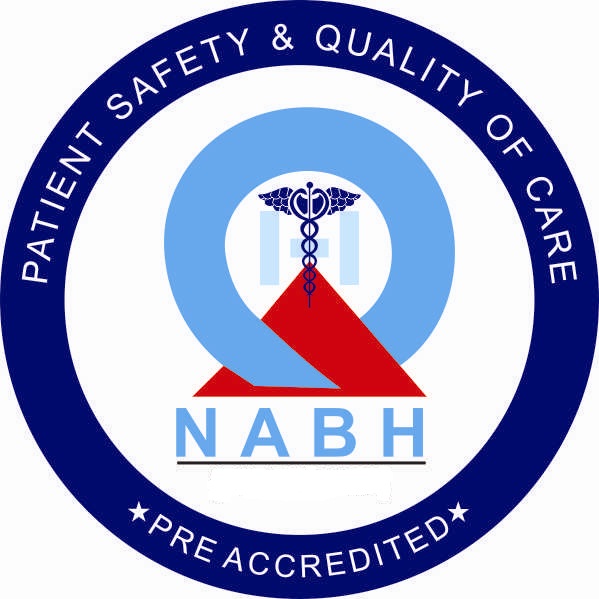What is the focus of pediatric surgery?
Pediatric surgeons utilize their expertise in providing surgical care for all problems or conditions affecting children that require surgical intervention. They participate in transplantation operations, and like most surgeons today, they use laparoscopic techniques for some operations.
They also have particular expertise in the following areas of responsibility:
- Neonatal– Pediatric surgeons have specialized knowledge in the surgical repair of birth defects, some of which may be life threatening to premature and full-term infants.
- Prenatal– Pediatric surgeons, in cooperation with radiologists, use ultrasound and other technologies during the fetal stage of a child’s development to detect any abnormalities. They can then plan corrective surgery and educate and get to know parents before their baby is born. Prenatal diagnosis may lead to fetal surgery, which is a new forefront in the subspecialty of pediatric surgery. Application of most fetal surgical techniques is still in the experimental stage.
- Trauma– Because trauma is the number one killer of children in the World, pediatric surgeons are routinely faced with critical care situations involving traumatic injuries sustained by children that may or may not require surgical intervention. Many pediatric surgeons are involved in accident prevention programs in their communities that are aimed at curbing traumatic injuries in children.
- Pediatric Oncology– Pediatric surgeons are involved in the diagnosis and surgical care of children with malignant tumors as well as those with benign growths.
What is a Pediatric Surgeon?
Surgeons who specialize in general surgery often provide surgical care for children, and they are fully qualified to perform many operations on children.
Pediatric surgeons operate on children whose development ranges from the newborn stage through the teenage years. In addition to completing training and achieving board certification, pediatric surgeons complete two additional years of training exclusively in children’s surgery. They then receive special certification in the subspecialty of pediatric surgery.
What is the pediatric surgeon’s role in treating the child?
Pediatric surgeons are primarily concerned with the diagnosis, preoperative, operative, and postoperative management of surgical problems in children. Some medical conditions in newborns are not compatible with a good quality of life unless these problems are corrected surgically.
These conditions must be recognized immediately by neonatologists, pediatricians, and family physicians. Pediatric surgeons cooperate with all of the specialists involved in a child’s medical care to determine whether surgery is the best option for the child.
Who administers my child’s anesthesia?
Your child’s anesthetic is supervised at all times by an anesthesiologist who has received specialty training in Pediatric Anesthesia. They will meet you at your child’s pre-operative (“Pre-care”) evaluation or on the morning of their surgery.
Will my child need blood tests before surgery?
Most healthy infants or children will not require any major pre-operative tests or bloodwork.
What will you do if my Child is Anxious before Surgery?
Medications are available that will sedate your child prior to the start of the anesthetic. These medications are similar to Valium® but are shorter acting. These medications can be given either by mouth or through an IV. In some institutions, induction rooms are available for the child to be with their parents while going off to sleep. Your anesthesiologist will decide what the best is for your child after discussion with you. A vast majority of children do not require anything other than a wagon to ride in and a hand to hold.
Will my child gets an IV before surgery?
For most children having outpatient surgery, the IV will be started after the child is asleep by inhaled anesthesia.
When will my child be able to go home?
If you child is having minor surgery, s/he may be able to go home a few hours after the procedure. Your child’s healthcare team will make sure that s/he is fully awake, that vital signs (i.e. heart and breathing rates, temperature, and blood pressure) are normal, and the s/he can take some liquids by mouth without vomiting.
What should my child eat after surgery?
Children sometimes vomit after surgery. Encourage your child to drink liquids, and then offer small amounts of bland food. Your child may then progress to a regular diet.
What can I expect when I take my child home?
You may notice that your child is sleeping more than usual for the first day or two. Also, your child may have some nausea and vomiting, or lack of appetite. These problems are usually related to anesthesia and should improve within 24 to 48 hours at home.


